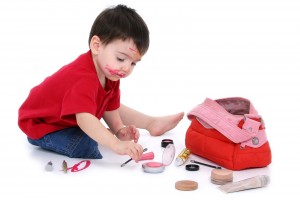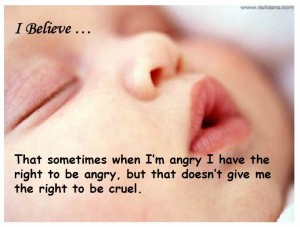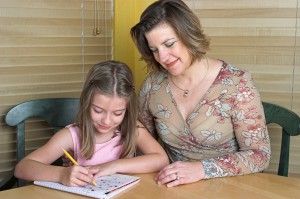Receive your FREE Parenting Advice through this blog. Simply ask Bob Lancer your question and receive his Lancer’s Answer in this blog.
This blog presents advice for parents that relates to teaching children to appreciate their lives.
Children seem “hard-wired” for impatience. It is so common for a child to say, “I can’t wait for…”.
Instead of appreciating every sacred moment of childhood, the child wants to skip over his or her life so it can already be time to go to the circus or sleep over a friend’s house.
Part of teaching children to appreciate their lives has to do with their possessions. Kids often want something new just because the see it on a shelf, but as soon as they have it, they could care less about.
I recall taking my son into a toy store once on a trip to New York City. He wanted a yoyo. He begged and begged for it. Finally I bought it for him. As we were walking out of the store he saw a pigeon, dropped the yoyo on the ground, and ran toward the pigeon. The yoyo ceased to matter the moment after it was his.
Does your child seem to feel a lack of appreciation for life or for his or her possessions? How do you typically deal with this?
Do you have ideas or advice for parents on how to teach their children to be more appreciative?
Share your thoughts and questions about teaching children
about appreciation in this blog.
Sometimes a lack of appreciation turns into children behavior problems. For instance when a child shows no gratitude for a gift he receives. In a more serious way, reckless teens show a lack of appreciation for life when they risk life and limb in foolhardy antics.
So here is the advice for parents for teaching appreciation: Regardless of how your child behaves, and even when you need to be firm, demonstrate your deep, sincere appreciation for your child’s sacred presence. This models appreciation in a profound way.
Receive your FREE Parenting Advice through this blog. Simply ask Bob Lancer your question and receive his Lancer’s Answer in this blog.





 button.
button. 


































